What Can We Learn from the Commerzbank Fine?
The Watchdog’s second biggest fine for failing to have proper financial controls in place should serve as a warning to the rest of the sector.
The FCA has made anti money laundering one of its key focuses for 2020 and this month it showed it means business with a £37, 805,400.00 fine to Commerzbank London for failing to implement proper controls over a five year period. It’s the second biggest fine of its kind and offers some key lessons for the wider sector.
Listen to the regulator
The scale of the fine is partly down to the fact that the Bank was aware of the problem, had been warned by the regulator but failed to take action. The FCA said it had warned Commerzbank on three separate occasions about the risk of financial crime going undetected but had “failed to take reasonable and effective steps to fix them.”
Maintaining due diligence
The regulator found that the bank failed to undertake effective due diligence checks on clients. As of March 1st 2017, checks were overdue on 1,772 customers. In the meantime, many of these customers were able to continue doing business with their London branch through their Exceptional Control Scheme which the FCA argues got out of hand.
The rules apply to you
AML requirements have toughened up in recent years, and regulators have very publicly stated this is a priority. However, many financial institutions, for one reason or another, haven’t fully understood the implications of the changes or that these rules apply to them. With the EU’s sixth anti money laundering directive coming into force in December, firms will have to continually update and review their measures to maintain compliance.
Getting the technology right
Companies are increasingly leaning on automated compliance monitoring systems. However, these are only effective if functioning properly. The FCA noted a failure to address known weaknesses with the automated tool for monitoring money laundering risks. In 2015, the bank noticed that 40 high risk countries were missing from its tool and 1,110 high risk clients had not been added.
Enhanced due diligence
Companies will be coming under increasing pressure to ensure their due diligence processes are as good as they possibly can be. This means enhanced ongoing monitoring of any situation which by its nature presents a high risk of money laundering or terrorist financing and maintaining up to date data and documentation.
Prompt action
One area where the bank performed well was in promptly agreeing to resolve the issue. The FCA says that the lender agreed to make changes at an early stage of the investigation, earning itself a considerable reduction of the fine. Without these changes, the FCA says the fine would have been £50 million.
Cooperation is seen in a positive light by the regulator. They are looking to use fines to encourage change rather than as a blunt tool of punishment. Those firms that can demonstrate an understanding of the problem and a willingness to change, will receive kinder treatment.
Most importantly, this fine, coming quickly on the heels of Standard Charter’s £1.1bn fine for violating sanctions and anti money laundering rules, shows regulators are upping their games. The UK is continuing to align itself with the more aggressive approach taken towards anti money laundering within the EU in recent years. Although we do not know how closely the UK will continue to be aligned with the EU after Brexit, their actions do nothing to suggest their approach will weaken.
To speak to us or subscribe to our newsletter please contact us here.
Or message us via the chat icon in the bottom right corner of your screen.

